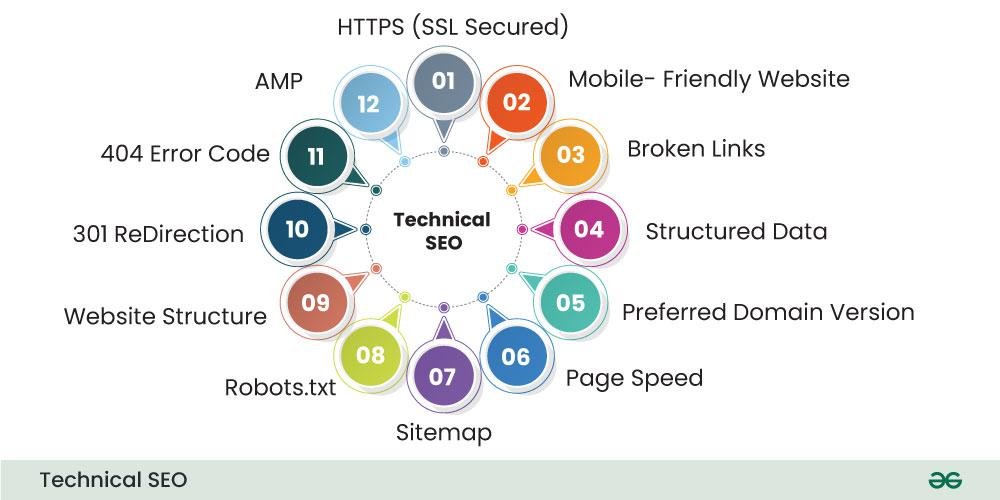When it comes to SEO optimization, most people focus on keywords, backlinks, and content strategies. But what many don’t realize is that clean code plays a vital role in improving search rankings. A well-structured website with optimized code loads faster, enhances user experience, and is easier for search engines to crawl.
Why Clean Code Matters for SEO
A cluttered and poorly written codebase can slow down your website, leading to higher bounce rates and lower rankings. Clean code ensures:
- Faster Page Load Speeds – Google prioritizes websites that load quickly.
- Better Crawlability – Search engines can easily index your site.
- Improved User Experience – A seamless experience keeps visitors engaged.
- Lower Risk of Errors – Fewer broken links and missing tags.
Best Practices for Writing SEO-Friendly Code
1. Optimize Your HTML Structure
A clean HTML structure makes it easier for search engines to understand your content. Use proper header tags (H1, H2, H3) and keep your code minimal.
👉 Learn more about Website Development and how a well-structured site impacts SEO.

2. Use Schema Markup
Schema markup helps search engines understand your content better and can improve rich snippets in search results. This can increase click-through rates (CTR) and improve visibility.
3. Minimize CSS and JavaScript
Bulky CSS and JavaScript files can slow down your site. Minify your code and use asynchronous loading for scripts to boost page speed.
4. Implement Proper URL Structure
Clean and optimized URLs are easier to read and rank better. Instead of:
❌ www.example.com/page?id=1234
✅ www.example.com/seo-friendly-url
👉 Check out Local SEO strategies for improving rankings with well-structured URLs.
5. Optimize Images for SEO
Large image files slow down your site. Use compressed images, add alt tags, and implement lazy loading to enhance performance.
👉 Read more about Content Writing for Higher Engagement and how optimized media boosts SEO.
6. Mobile-Friendly and Responsive Design
A mobile-friendly website is essential for SEO. Ensure your site adapts to different screen sizes and follows responsive design principles.
👉 Learn more about SEO Optimization and how mobile-friendliness impacts rankings.
Final Thoughts
Clean code isn’t just for developers—it’s a powerful SEO strategy that ensures your website performs well in search rankings. By improving site speed, enhancing crawlability, and offering a seamless user experience, you increase your chances of ranking higher on Google.
🚀 Ready to Optimize Your Website?
At Social Media Max, we specialize in SEO-friendly web development, content strategy, and digital marketing. Get in touch today to improve your website’s performance and boost your rankings!
📞 Call us at 0161 399 3517
📧 Email: Syed_66@hotmail.com
